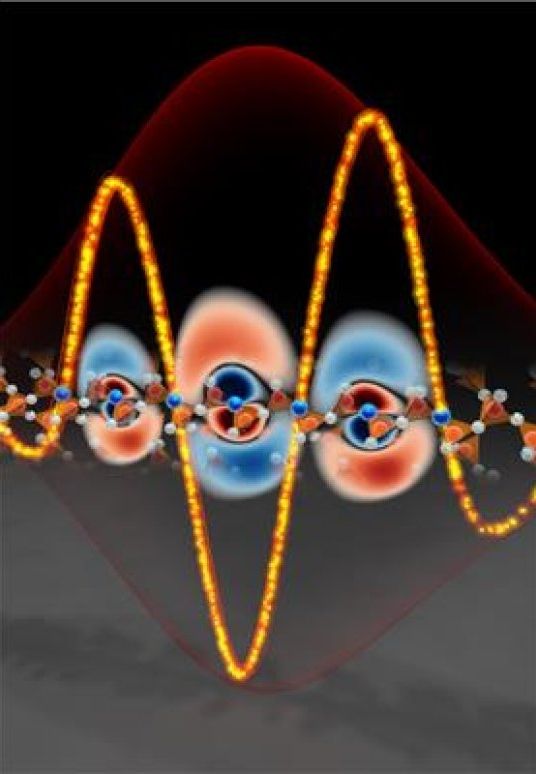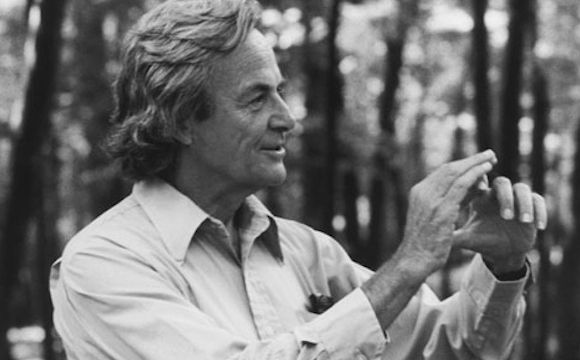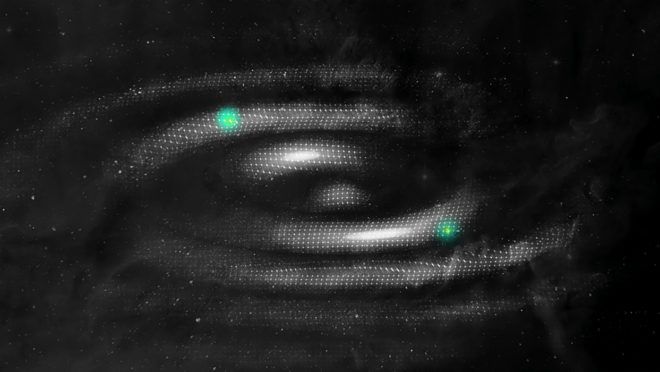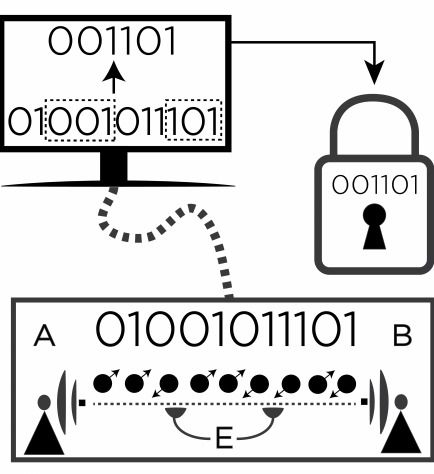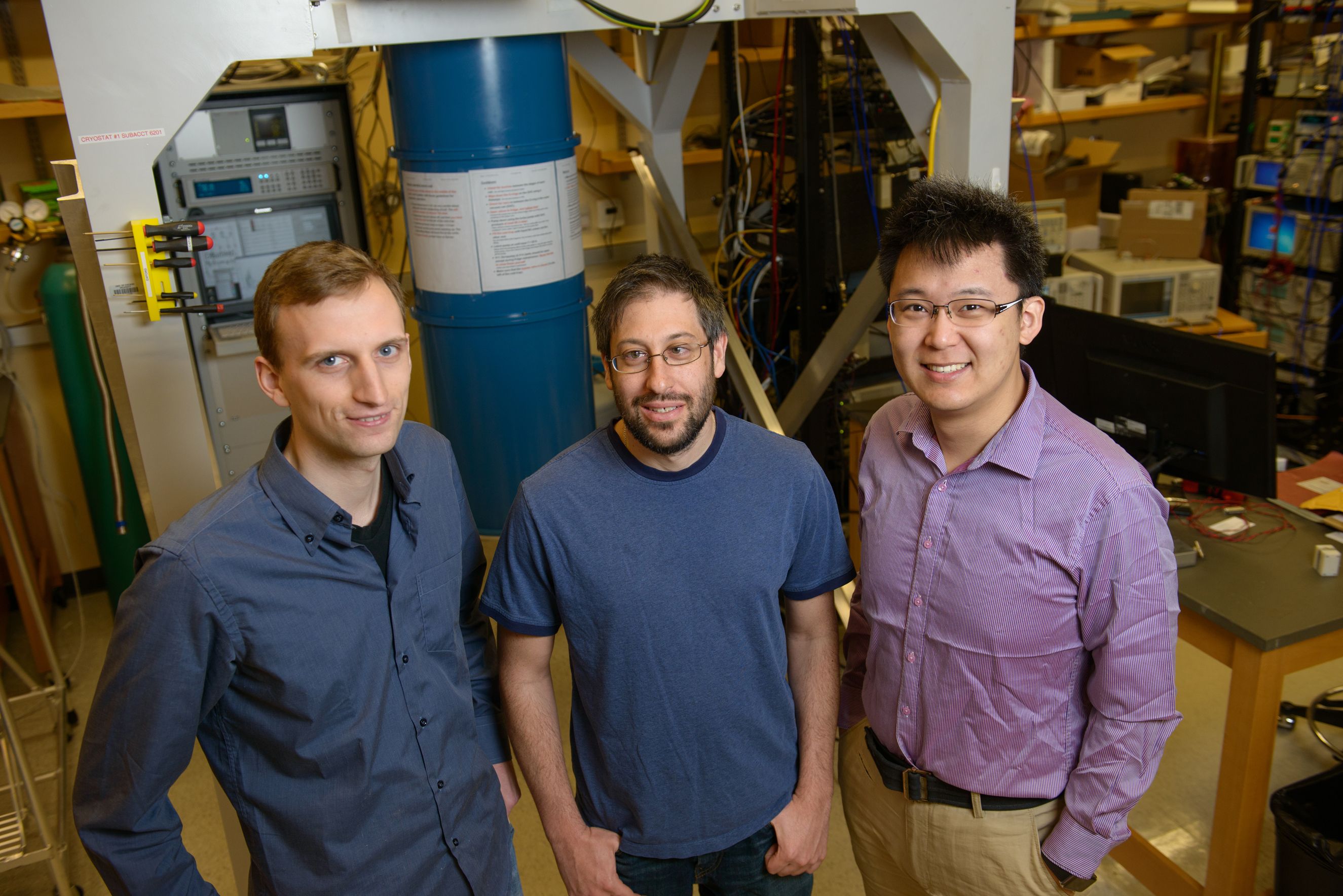May 23, 2016
New method to control quantum systems
Posted by Karen Hurst in categories: computing, electronics, quantum physics
Yesterday, we saw the news from D-Wave in development & release of a new scalable QC. Now, Dartmouth has been able to develop a method to design faster pulses, offering a new way to accurately control quantum systems.
Dartmouth College researchers have discovered a method to design faster pulses, offering a new way to accurately control quantum systems.
The findings appear in the journal Physical Review A.
Quantum physics defines the rules that govern the realm of the ultra-small — the atomic and sub-atomic world — which explains the behavior of matter and its interactions. Scientists have been trying to exploit the seemingly strange properties of this quantum world to build practical devices, such as ultra-fast computers or ultra-precise quantum sensors. Building a practical device, however, requires accurately controlling your device to make it do what you want. This turns out to be challenging since quantum properties are very fragile.

